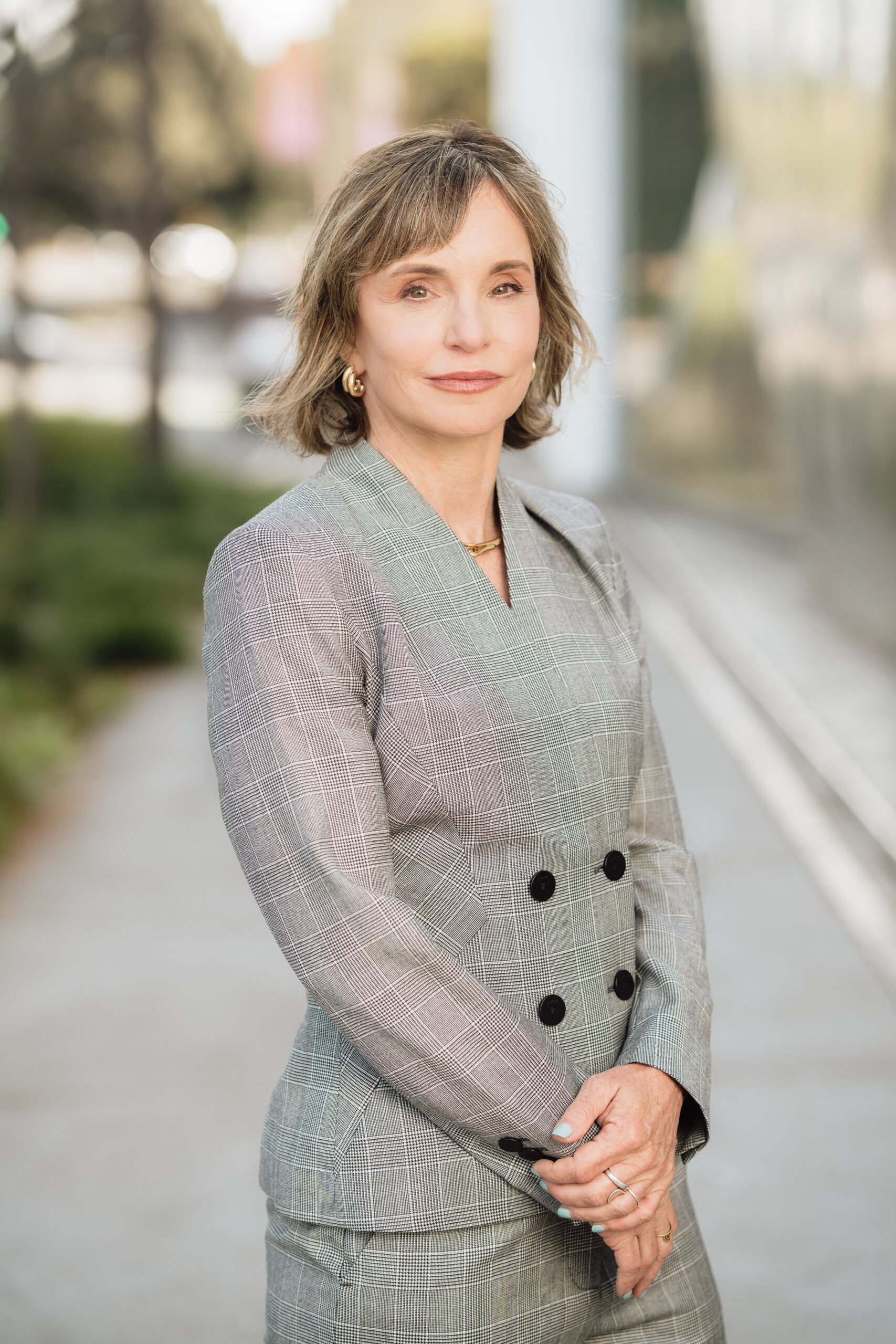Catha Worthman is a founding partner at the firm.
Through her public interest practice involving class actions, multi-plaintiff cases, union representation, and individual representation and litigation, Catha advocates for the rights of workers, retirees, and people with disabilities. Her work has helped to recover tens of millions of dollars for employees across a range of industries, including healthcare, transportation, fast food, and construction.
Catha often partners with nonprofit social justice organizations and labor unions in impact litigation and corporate accountability strategies. She served as co-counsel in National Association of the Deaf v. Netflix, obtaining a favorable decision of first impression that ultimately resulted in Netflix agreeing to make its streaming video 100% accessible through closed captioning, and was honored to serve with leading civil rights advocates in a major civil rights case on behalf of 13 million Medi-Cal beneficiaries in Perea v. Dooley.
An effective appellate advocate, she has successfully argued and briefed multiple appeals in California and federal courts, and often handles complex and novel legal issues. She served as co-lead in briefing and arguing Connor v. First Student, Inc., 5 Cal.5th 1026 (2018), resulting in a published opinion from the California Supreme Court in her clients’ favor.
Her practice also includes representing individuals and organizations in high-stakes legal disputes that involve protection of their civil and economic rights.
Before joining the firm, Catha was a shareholder at Lewis, Feinberg, Lee & Jackson, P.C., served as a law clerk to Judge William A. Fletcher of the Ninth Circuit Court of Appeals, and worked for the Health Systems Division of the Service Employees International Union (SEIU).
Catha writes and speaks frequently on her issues of expertise, including class actions, ERISA and other employee benefits issues, civil rights, and wage and hour law.
- close all
Significant Cases
- National Association of the Deaf et al. v. Netflix, Inc.
- Gutierrez v. Schmid Insulation Contractors
- Tatum v. R.J. Reynolds
- National Association of the Deaf et al. v. Netflix, Inc.
- Connor v. First Student
Awards
- Northern California Super Lawyer (2015-2025); Rising Star (2011-2014)
- Top Women Attorneys in Northern California, San Francisco Magazine (2011-Present)
- Peggy Browning Fellow in Employment and Labor Law (2000)
Civic Activities & Professional Associations
- Legal Aid at Work, Workers’ Rights Clinic (2011-Present)
- Board of Directors, Asian Americans Advancing Justice — Asian Law Caucus (2015-2020)
- Litigation Committee, Equal Rights Advocates (2018-2019)
- ABA Joint Committee on Employee Benefits (Vice Chair, CLE Committee) (2019)
- Board Member, Alumni Committee, U.C. Berkeley School of Law International Human Rights Law Clinic (2018-2019)
- Member, BALIF LGBTQI Bar Association, NELA, CELA, ABA Labor & Employment Law Section, California Lawyers Association
Publications & Presentations
Frequent writer and speaker on employment law and civil procedure, including for CEB, BNA, NELA, CELA, Bridgeport (Wage & Hour), San Francisco Bar Association, ABA Joint Committee on Employee Benefits, and Tort Trial Insurance Practice Section, among others.
Co-Author, with Andrew J. McGuiness, “Class Certification Strategy,” in Class Action Strategy (ABA 2019, 2025).
Rewrite and Contributing Author, Sacher et. al., Employee Benefits Law (BNA Books 2013).
Author, “Civil Penalties Under the California Private Attorneys General Act (PAGA),” Employment Damages and Remedies (CEB 2016-Present).
Co-Author, with Byron Walker, “Have You Got What It Takes For Federal Court?: CAFA’s Amount in Controversy,” Class Action Fairness Act: Law and Strategy (ABA 2013).
Co-Author, with Harley Shaiken, “Crossing Borders: Trade Policy and Transnational Labour Education,” Labour, Capital & Society (Nov. 2002).
Other Languages Spoken
- Spanish
